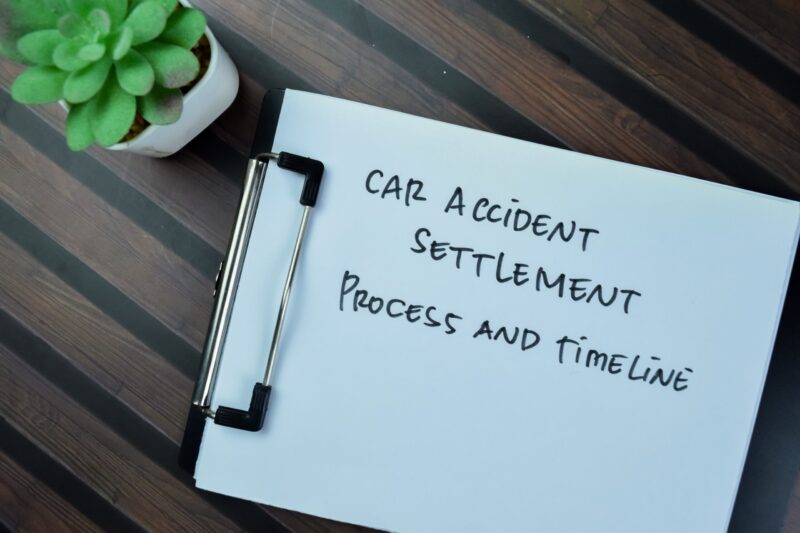A tort is a legal term that refers to cases involving a civil wrong that causes harm or loss to a person. As a result, the affected person could file a legal claim against the person or entity responsible for his or her loss or harm.
If you have been injured or suffered losses due to another party’s actions, you could file a lawsuit against him or her in Illinois civil court. There are three main types of torts: negligence, strict liability, and intentional tort.
Negligence Tort Cases
Negligence-based claims are the most common types of torts. In these claims, the defendant breaches a certain duty of care to the victim, leading to his or her injuries and losses. To secure compensation in a negligence claim, you must provide clear evidence that proves each of the following elements.
- Duty of care: The defendant has an obligation to uphold certain of standards of care. For example, drivers have a duty to follow traffic laws and drive carefully.
- Breach of duty: The defendant breached his or her duty through a negligent act or failure to act. For example, running a red light or speeding would be breaches of duty.
- Causation: The defendant’s breach of duty caused the plaintiff’s accident and injuries.
- Damages: The victim sustained damages due to the defendant’s actions that he or she can claim in the lawsuit. These may include medical expenses, lost wages, and property damage.
If you can establish each of these elements, you can prove the defendant’s negligence and his or her liability for your losses. You can then secure a settlement for the damages you sustained in the accident. Examples of negligence torts include car accidents, premises liability claims, medical malpractice, pedestrian accidents, and slip and falls.
Strict Liability Tort Claims
To prove liability in claims involving negligence, you must prove that the at-fault party’s breach of duty caused the incident and your resulting injuries. However, strict liability claims do not require the presence of negligence in order for the defendant to be at fault for your losses.
In strict liability torts, the at-fault party is financially responsible for all damages that a victim suffers in certain situations, regardless of negligence. Defective product liability claims typically fall under strict liability. In Illinois, dog owners are strictly liable for any dog bite injuries caused by their pets unless the victim provoked the animal.
Intentional Torts
Intentional torts involve any crime or wrongdoing committed by a defendant that results in harm to the victim. These types of claims involve intentional, malicious harm, rather than accidental or careless actions. In these situations, you can pursue criminal charges against the defendant as well as a civil lawsuit.
Examples of intentional torts include the following.
- Fraud
- Burglary
- Sexual assault
- Physical assault
- Murder
- False imprisonment
Contact a Lawyer
If you believe that you qualify for a tort case, it is important to speak with a Chicago personal injury attorney as soon as possible. Tort claims can be highly complex, and you will need significant resources and legal knowledge. Navigating the litigation process can be difficult without an attorney on your side.
Your lawyer can provide you with the skills, experience, and dedication you need to hold the at-fault party accountable and secure the compensation you deserve. As soon as possible following the incident, contact an attorney to discuss your legal options.







